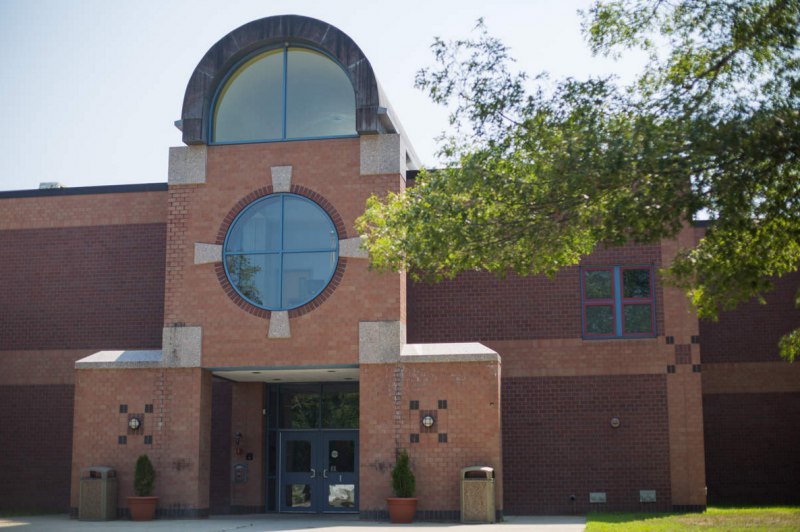Wareham High School drops from Level 1 school to Level 3 school
The 2015 MCAS scores have dropped Wareham High School's state assigned status from Level 1 to Level 3, ranking the school among the lowest 20 percent of performance in the state.
Though the news recently publicly broke, Superintendent Kimberly Shaver-Hood said she and Principal Scott Palladino have known for about a month, and “have put pieces in place” to remedy the drop, and try to bring the school back up to a Level 1.
The state ratings are designed to measure progress toward improvement in student performance as tracked by the standardized MCAS tests. Until recently, Wareham school officials had touted the high school's Level 1 status as evidence that the school was progressing even in the face of challenges.
The MCAS scores, released in September 2015, show the school's students performing overall lower than average, and not making the kind of performance improvements that had been evident in previous years.
The scores placed the high school in Level 3, but Palladino said the school was just half a point shy of ranking in Level 2 – still a drop, but not as severe.
“They received a 20.5, instead of a 21,” Palladino said.
The "extraordinary drop," in the words of Selectman and retired teacher Judith Whiteside, was briefly discussed at the Jan. 5 Board of Selectmen's meeting after the topic was raised by Alan Slavin in the "announcements" portion of the meeting.
"I don't know what's happening," Slavin said. "We need to work together to figure out what's wrong."
High school Principal Scott Palladino said the drop can be attributed in part to the way the state ranks schools, which he said is based on the school's lowest-performing group. In this case, it was the school's high needs students, who he said were exposed to the MCAS tests for the first time.
"Unfortunately, because of budget cuts, we had to cut special education teachers," Palladino said. "We also tried a new model of inclusion for those students, and they were exposed to a different kind of learning."
He also said the ninth grade students were all tested in science using a different testing system, known as PARCC, because “we really thought we were making sound decisions, and that PARCC was the way of the future.” The students were subjected to multiple PARCC-like tests over a period of eight days, at no harm to the school’s ranking, but took the MCAS science test right after. Shaver-Hood said this was “no excuse,” but could have to do with how poorly the students did on the MCAS science exam.
“In hindsight, I wish we had just had them do the science exam alone,” Palladino said.
The PARCC tests are a multi-state initiative meant to assess students’ abilities along Common Core standards.
Palladino said the school is "disappointed" in the group's performance, but is already putting measures in place to try to restore the school's former ranking. He also noted there were more students at the high school than ever before who ranked as Advanced or Proficient in both math and English, and that the school is trying to make improvements in its science scores.
Shaver-Hood said the scores have nothing to do with the staff or students. She also said the administration last year added a science department chair back into the staffing mix. Due to budget cuts, a math teacher had been covering both the science and math departments, she said, but the administration wanted to “go back to a science department chair, and make sure our curriculum was meeting standards.”
In addition to the science chair “working diligently” with the department’s teachers, Shaver-Hood said the school’s staff and district administration has “analyzed all student scores, and looked at common threads, at certain types of questions the majority of students did not answer right.”
“We are making sure those areas are addressed,” Shaver-Hood said. “We were so close, and we feel like this is a situation that we will be able to come up to Level 2.”
Shaver-Hood said she is confident in the high school staff’s ability to bring up the school’s ranking.
“We have some wonderful science teachers who provide our students with a strong academic background, and, unfortunately, we had some areas we didn’t do so well in,” Shaver-Hood said. “But we are well aware, and are making the necessary adjustments.”














